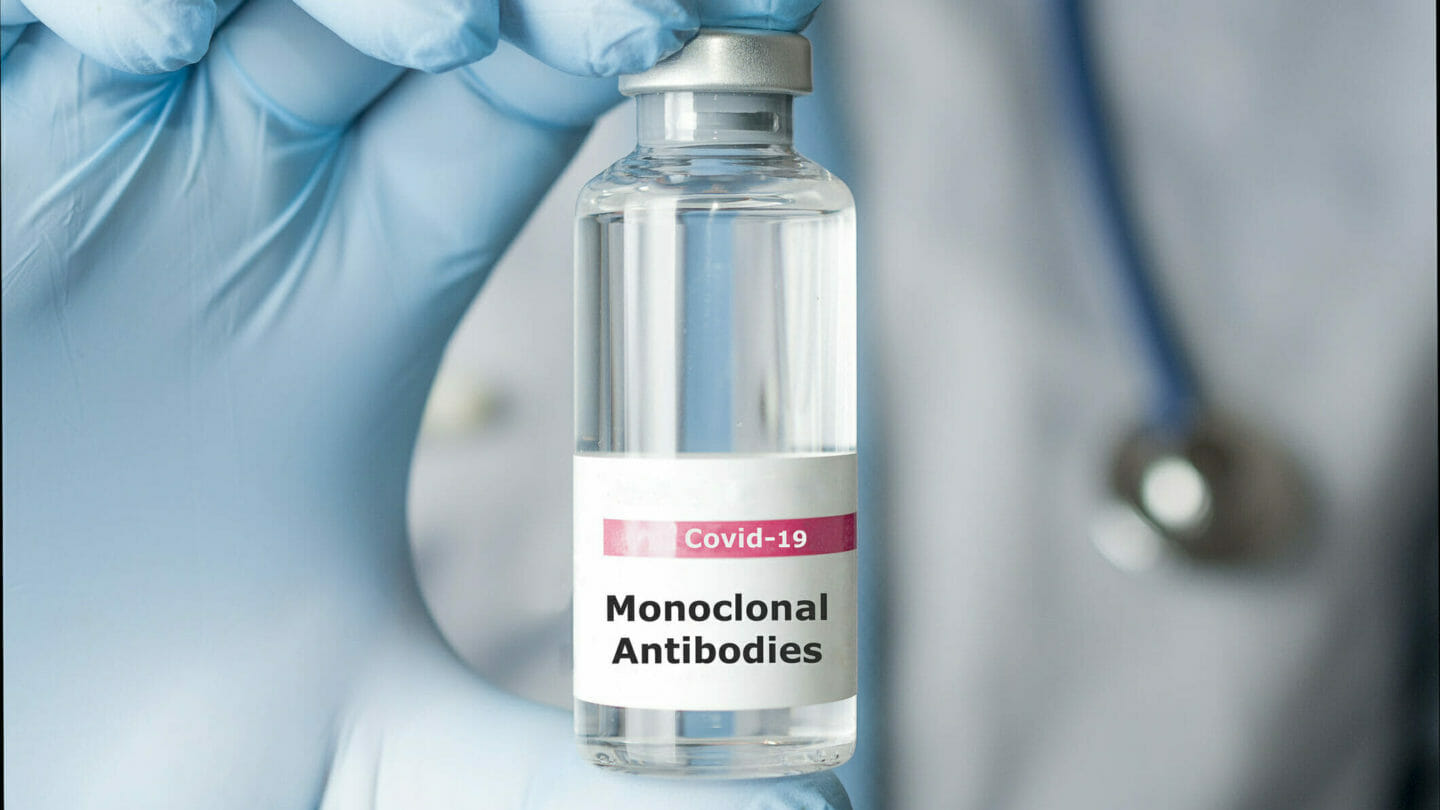
Evusheld, a preventive COVID-19 treatment recommended for the high-risk patients, may lose efficacy in the face of newly emerging variants, according to the Food and Drug Administration.
The agency on Monday referred patients and healthcare providers to a revised fact sheet for the drug, the only monoclonal antibody (mAB) cocktail currently recommended for pre-exposure prophylaxis in immunocompromised patients.
Clinician awareness
Protection derived from Evusheld lasts about six months, and some patients are on a recurring dosage. These patients and their healthcare providers should be made aware of the increased risk for developing COVID-19 when exposed to variants not neutralized by Evusheld, FDA said. Originally developed by AstraZeneca to target omicron variants BA.4 and BA.5, it may not provide protection against emerging variant BA.4.6 for example.
MABs have been effective in treating COVID-19. But these drugs or drug combinations lose efficacy as disease variants naturally change. A number have been pulled from use as the pandemic wears on, leaving long-term care clinicians with a regularly changing roster of COVID-19 treatments.
Variant on the rise
“With BA.4.6 spreading in the United States and beginning to take hold in Europe, Evusheld’s days as an option for prevention of infection could be numbered,” according to a report by FiercePharma.
Clinicians should advise patients taking Evusheld of their increased risk and to test for SARS-CoV-2 infection. If they test positive, COVID-19 treatment should be started right away, the FDA noted.
The agency continues to recommend Evusheld as an appropriate option for preventing COVID-19, when used in combination with other measures such as vaccination and boosting. The BA.5 variant, which it targets, remains dominant in the U.S.
Still recommended
“Evusheld still offers protection against many of the currently circulating variants and may offer protection against future variants,” it stated.
Immunocompromised patients have difficulty producing strong antibodies to infection or after vaccination. Evusheld has the distinction of being an injectable, unlike many mABs, which must be infused.
Related articles:
FDA OKs first injectable antibody drug to prevent COVID-19 in high-risk patients
Evusheld doses go unused, despite demand in vulnerable patients




